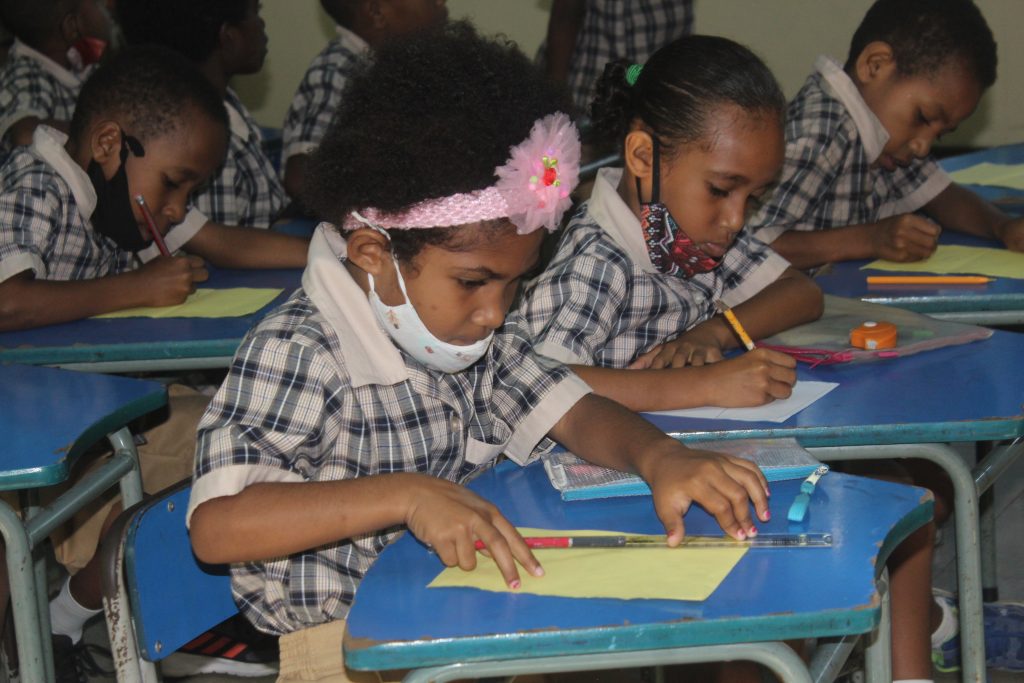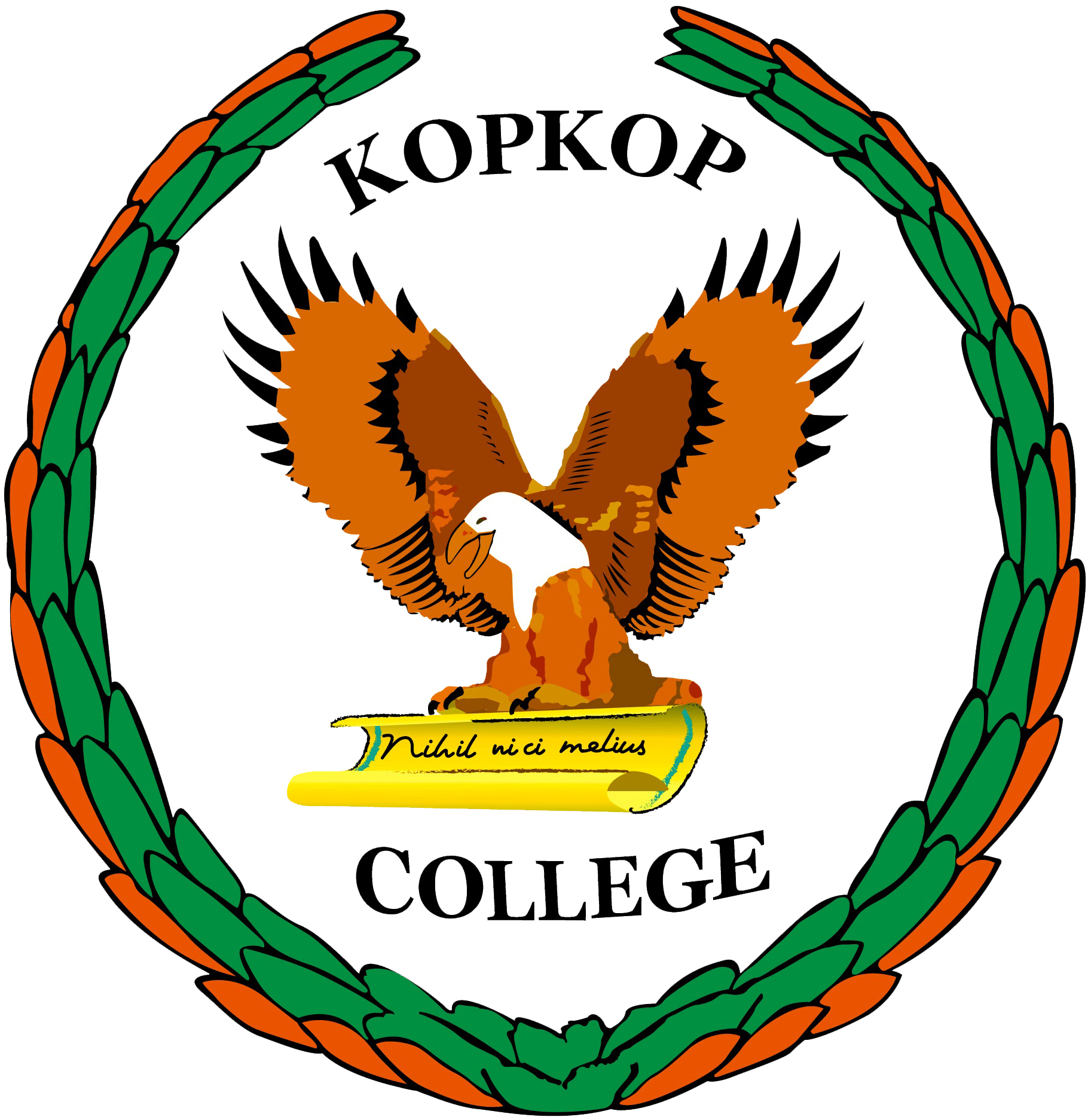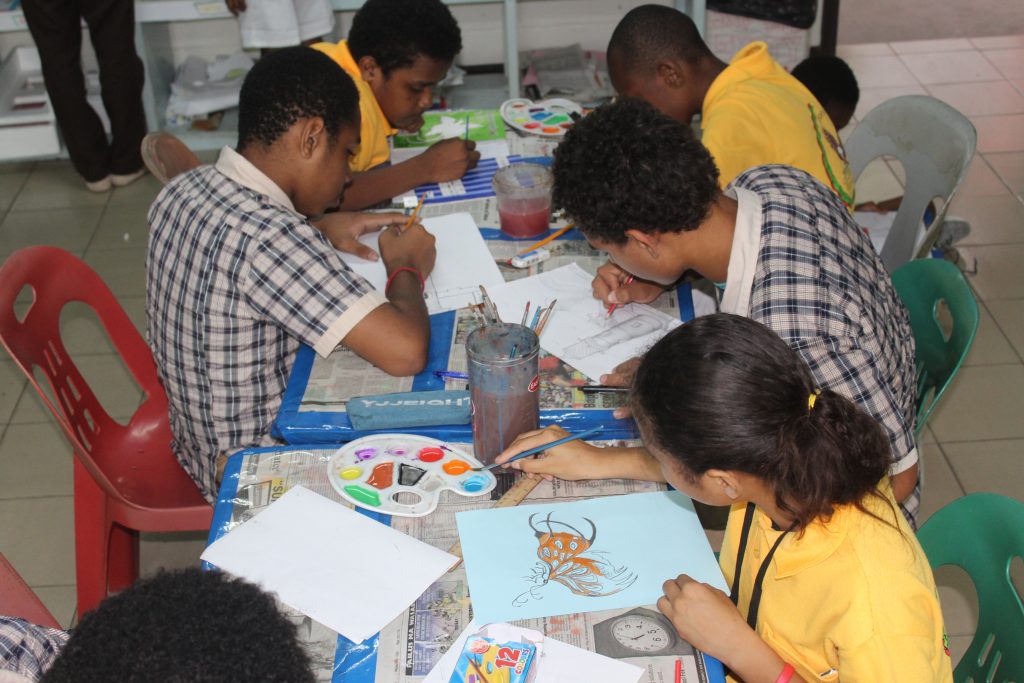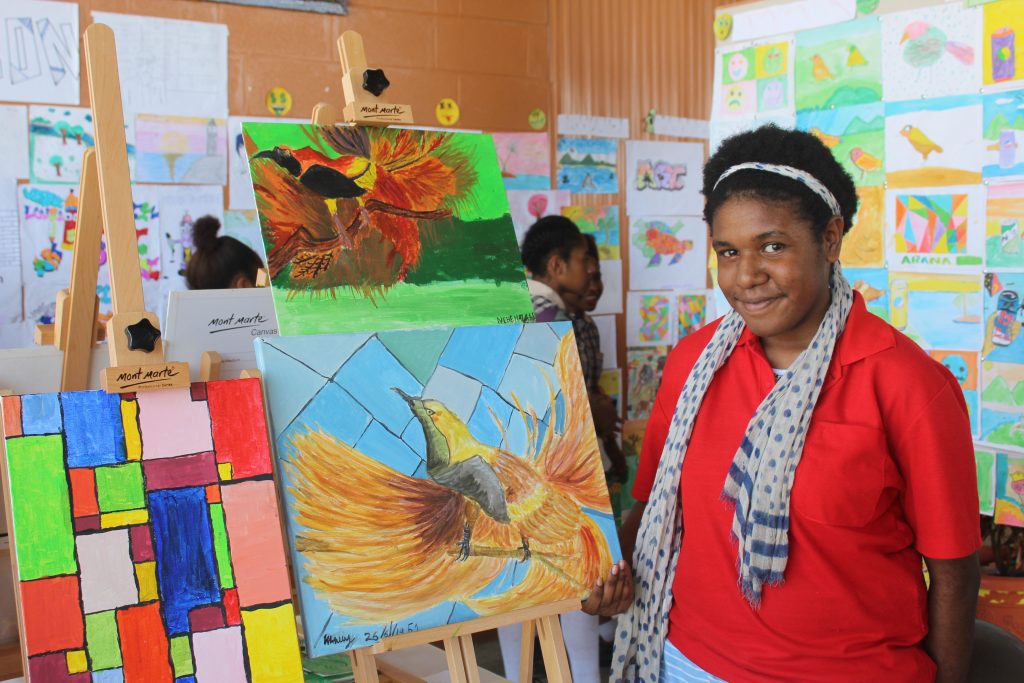Curriculum
Curriculum
THE CURRICULUM AT KOPKOP COLLEGE
QUALITY LEARNING
THE CURRICULUM AT KOPKOP COLLEGE
The development of a Curriculum for Kopkop College has been made possible with the adoption of the National Curriculum Statement for Papua New Guinea as a guiding framework. In particular Kopkop College, as a permitted school and as a partner institution in the implementation of the Reform Curriculum, acknowledges the work done by the Curriculum Development Division of the Department of Education.
Kopkop College will always treasure and acknowledge the work done by Papua New Guinea’s Counterpart Curriculum Adviser attached to the Curriculum Reform Implementation Project (CRIP). The Curriculum Reform Coordinator and the Curriculum Development Unit coordinated the writing of the National Curriculum Statement with the support of the Curriculum Development Unit and we at Kopkop College embrace this huge development vision.
The College Curriculum follows a specifically designed curriculum to achieve designated outcomes. The curriculum is based on the PNG National Curriculum, suitably modified and carefully extended for the special needs of students. The key elements prepare students by helping them:
- To be capable and confident learners
- To apply knowledge and skills in home situations
- To be adaptable to work situations
- To happily fit into social environment both in and out of school
- To secure the opportunity to enter confidently higher grades of learning
QUALITY LEARNING
Quality learning is likely to occur when:
- Students are actively and purposefully engaged with issues and activities they regard as important
- Students are willing to try new things and to take risks in applying strategies to solve problems in conventional and creative ways
- Students are involved in the planning of their work and take responsibility for their learning
- Students believe in their own ability to learn and are able to discuss and reflect on their own learning
- Students want to work independently and in groups, and are given support to do so
- Students are committed and self-motivated and can seek out appropriate resources and help for a variety of sources
- Students appreciate, respect and care for the concerns, views and feelings of others
- Students know that their family and community members are welcome in the school
- Students are able to discuss issues that are said to underpin our society such as democracy, culture, fairness, equity and justice and relate them to their own lives
- Students are able to develop positive relationships with teachers, students and other adults

Academic
Staff
History
Download files

ACADEMIC INTERVENTION POLICY
ASSESSMENT GUIDELINES
INTERVENTION POLICY FOR STUDENT





